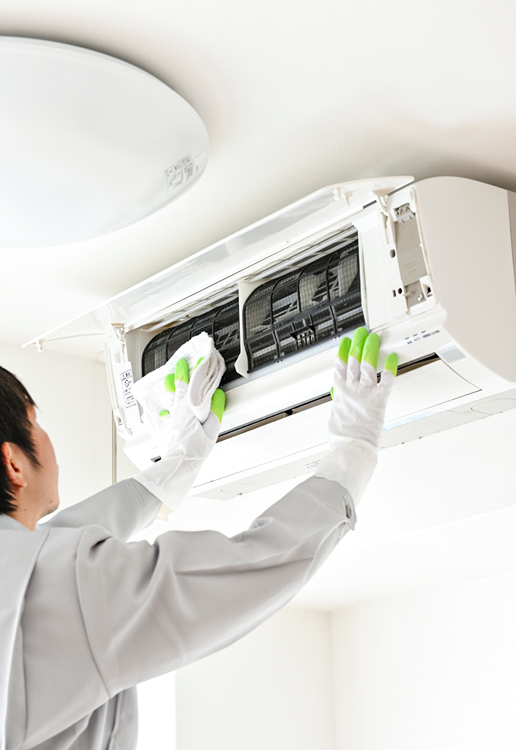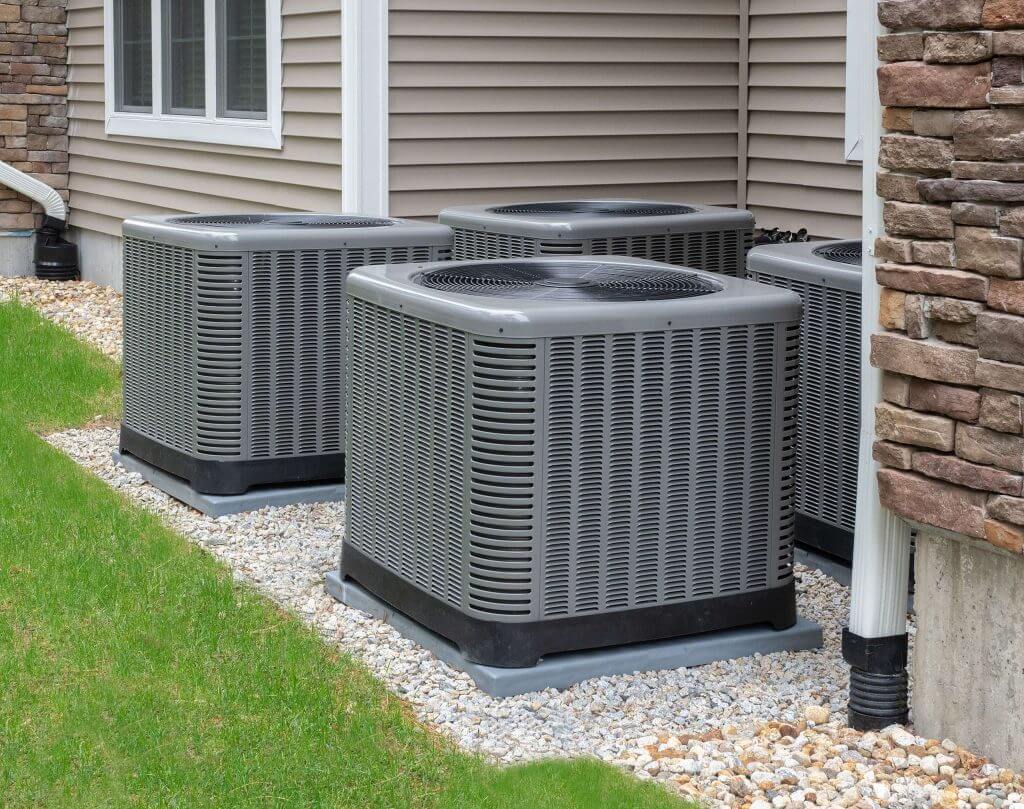What Is The Best HVAC System For Arizona?
The HVAC system is a critical component of any residential or commercial building in Arizona. With its hot, dry climate and extreme temperature changes from day to night, selecting the correct HVAC system for an Arizona property can be challenging.
Additionally, it will provide insights into how installation choices should factor into the decision-making process when choosing an HVAC system for an Arizona location. Finally, it will discuss ways to maintain whichever model is chosen so that it continues to function optimally.
By providing these details, this article aims to help readers choose the most appropriate HVAC system suited specifically to their needs in Arizona.
Overview Of Arizona Climate
Arizona is located in the southwestern United States and has a generally warm climate, with hot summers and mild winters. The average temperature year round ranges from slightly below 60 degrees Fahrenheit (F) to over 100 degrees F.
The state also experiences high levels of humidity throughout the summer months. Precipitation is scarce outside of monsoon season; however temperatures can still become uncomfortably hot during this time. Due to these conditions,
It is important for Arizona residents to choose an HVAC system that will keep them comfortable while enduring the heat and low precipitation rates.

Types Of HVAC Systems Available
HVAC systems come in a variety of shapes and sizes. The type of system most suitable for the Arizona climate depends on several factors such as size, energy efficiency, temperature control requirements, noise levels, cost and desired features.
Heat pumps are an efficient choice to provide both heating and cooling during hotter months in Arizona. They use refrigerant to move heat from one side of a building to another, allowing them to cool or warm depending on their setting.
Split systems work similarly but have two separate parts: an outdoor condenser unit with a fan that circulates air outdoors, and an indoor evaporator coil which contains refrigerant. This setup is effective at controlling temperatures indoors while using less energy than other HVAC units.
Central air conditioning systems offer centralized control over temperature by circulating cooled air throughout the entire house via ductwork.
Ductless mini-splits are similar to central ACs but do not require any ductwork installation; instead, they feature individual blowers placed strategically around the home which can be run independently from each other. All these options should be considered when choosing the best HVAC system for Arizona’s hot climate conditions.
Factors To Consider When Choosing An Hvac System
When considering what type of HVAC system is best for Arizona, there are a few factors to consider. First, the climate in Arizona is generally hot and dry with low humidity levels. Therefore, it is important to choose an HVAC system that can handle these conditions effectively and efficiently.
Additionally, when selecting an HVAC system for Arizona you should look at energy efficiency ratings as well as installation costs. Furthermore, due to the high temperatures during summer months in Arizona, it is advisable to select an air conditioning unit that has a higher SEER rating so that it will be able to cool your home more quickly and economically.
Finally, you should also take into account any maintenance or repair needs associated with the specific model of HVAC system you decide on before making a purchase decision. By taking all of these factors into consideration when choosing an HVAC system for Arizona homes, homeowners can ensure they get the most out of their investment while maintaining comfortable living conditions year round.

Benefits Of Installing An Hvac System In Arizona
The benefits of installing an HVAC system in Arizona are numerous. One major advantage is the cost savings that can be realized on energy bills due to improved efficiency. An HVAC system helps ensure a comfortable indoor environment throughout the year and reduces the need for air conditioning during hot summer months, which can drastically reduce cooling costs.
In addition, an HVAC system provides better control over humidity levels by using dehumidification technology, making it easier to maintain optimal conditions for comfort and health.
An efficient HVAC system also improves air quality because built-in filtration systems capture dust particles, pollen, pet dander, bacteria, smoke particles and other pollutants that could otherwise cause breathing problems or allergies.
Furthermore, regular maintenance helps protect against costly repair bills as well as prolongs the life span of the unit itself. All these factors make investing in an HVAC system a wise choice for Arizona homeowners looking to maximize their investment while keeping their home comfortable all year round.
Cost Considerations For Different Systems
When deciding on an HVAC system for Arizona, cost is a major consideration. The type of unit and its features will determine the cost. In general, split systems are more expensive than window units due to their larger size and additional components.
Additionally, high-efficiency models come with higher price tags but may save money in the long run due to lower energy costs over time. Installation costs should also be factored into the total expense since it can vary depending on the complexity of the job.
Labor costs for installation can range from $1,000 up to $4,000 or more depending on how much work needs to be done and which contractor you hire.
It’s important to research different types of HVAC systems and compare prices before making a purchase decision as well as read reviews from customers who have experience with specific brands or models. Doing so can help ensure that you find the most suitable option at a reasonable price.

Installation And Maintenance Advice
In order to ensure optimal performance of an HVAC system in Arizona, installation and maintenance should be handled with care. It is important to work with a qualified Arizona HVAC technician who can properly size the unit for the space it will be cooling or heating to maximize efficiency. The location of the unit is also crucial.
It should be installed in a place that allows adequate air flow and does not have any obstructions blocking it from functioning optimally. Additionally, regular maintenance such as filter replacement, duct cleaning, and coil inspection should be scheduled annually or bi-annually depending on usage and environment conditions.
By following these steps, homeowners can optimize their HVAC system’s performance while ensuring energy savings over time.
Environmental Impact
The environmental impact of an HVAC system in Arizona is a consideration when choosing the best system. Due to its hot and arid climate, high efficiency systems are necessary because they create less waste heat, which reduces energy consumption.
An efficient system will help reduce cooling costs while also helping to protect the environment. Additionally, selecting an HVAC system with low emissions can decrease air pollution levels and thus improve overall air quality in the area.
When searching for an HVAC system for Arizona, one should consider all factors associated with installation and performance such as size, power source, noise level, and cost. Ultimately, selecting an energy-efficient unit that meets local regulations is paramount for protecting the environment and reducing long-term operating expenses.







